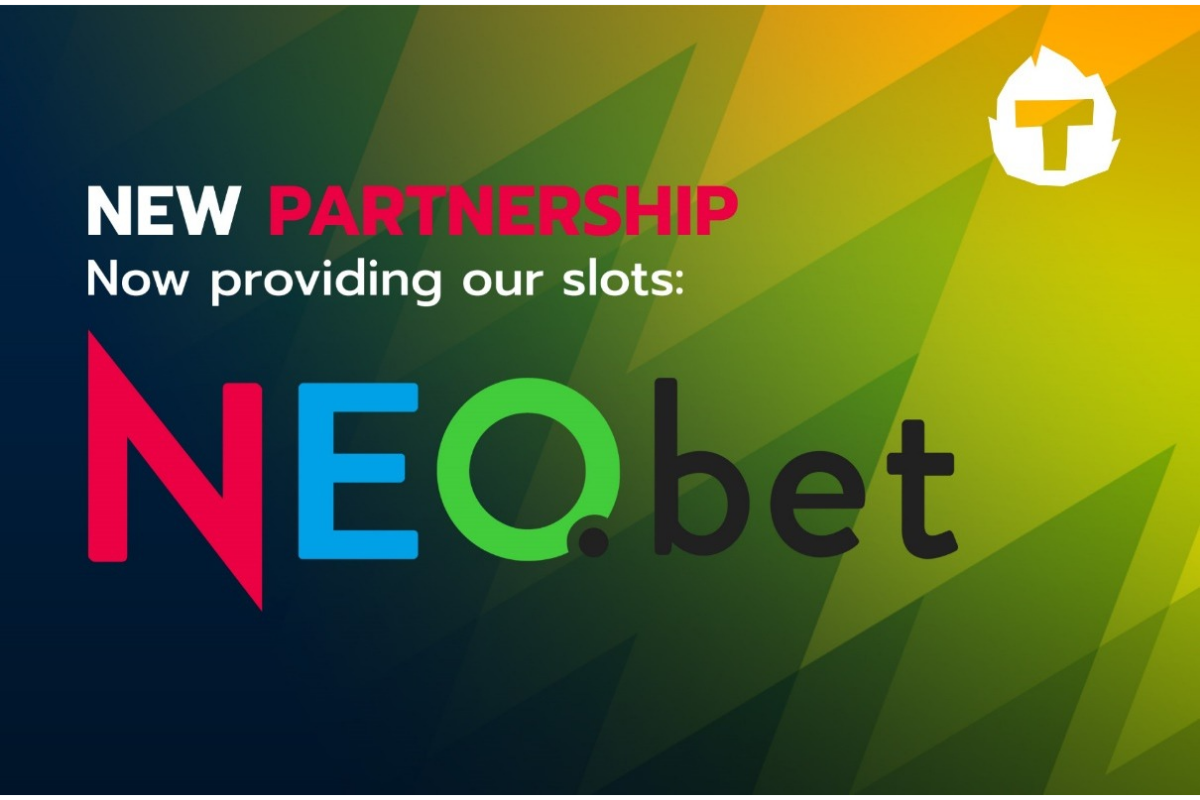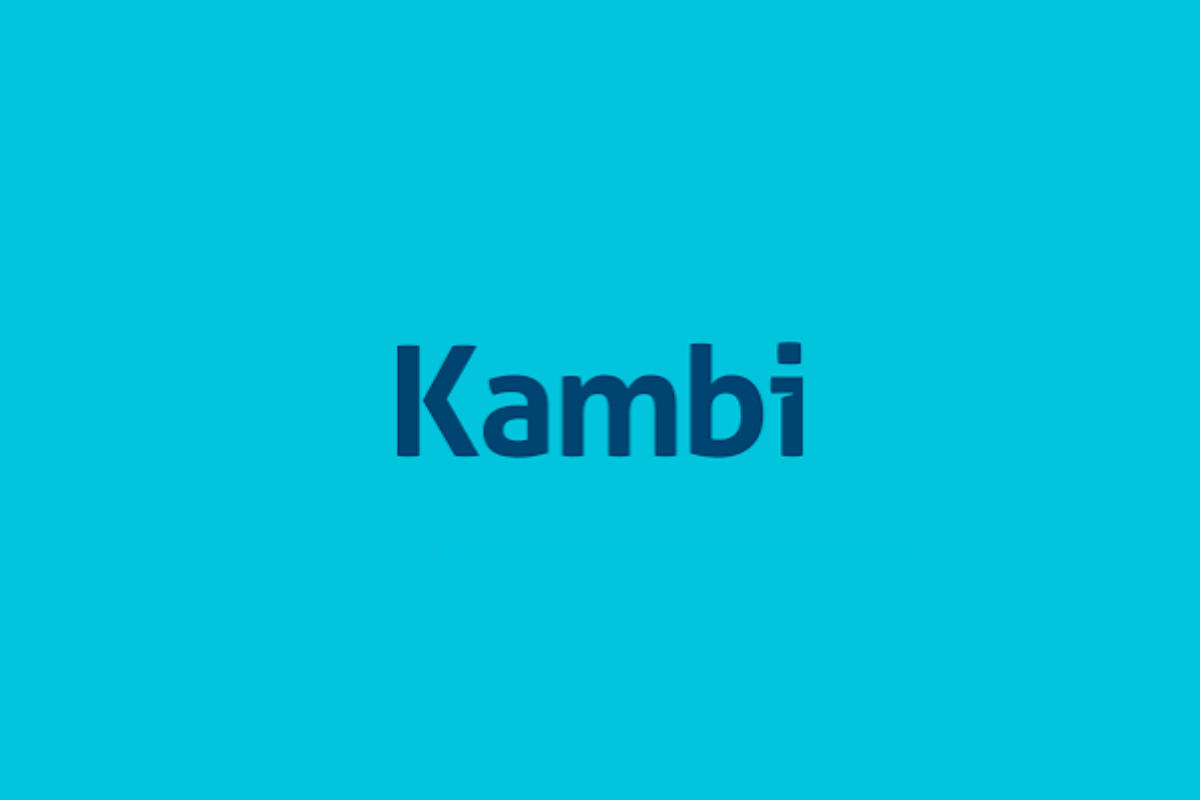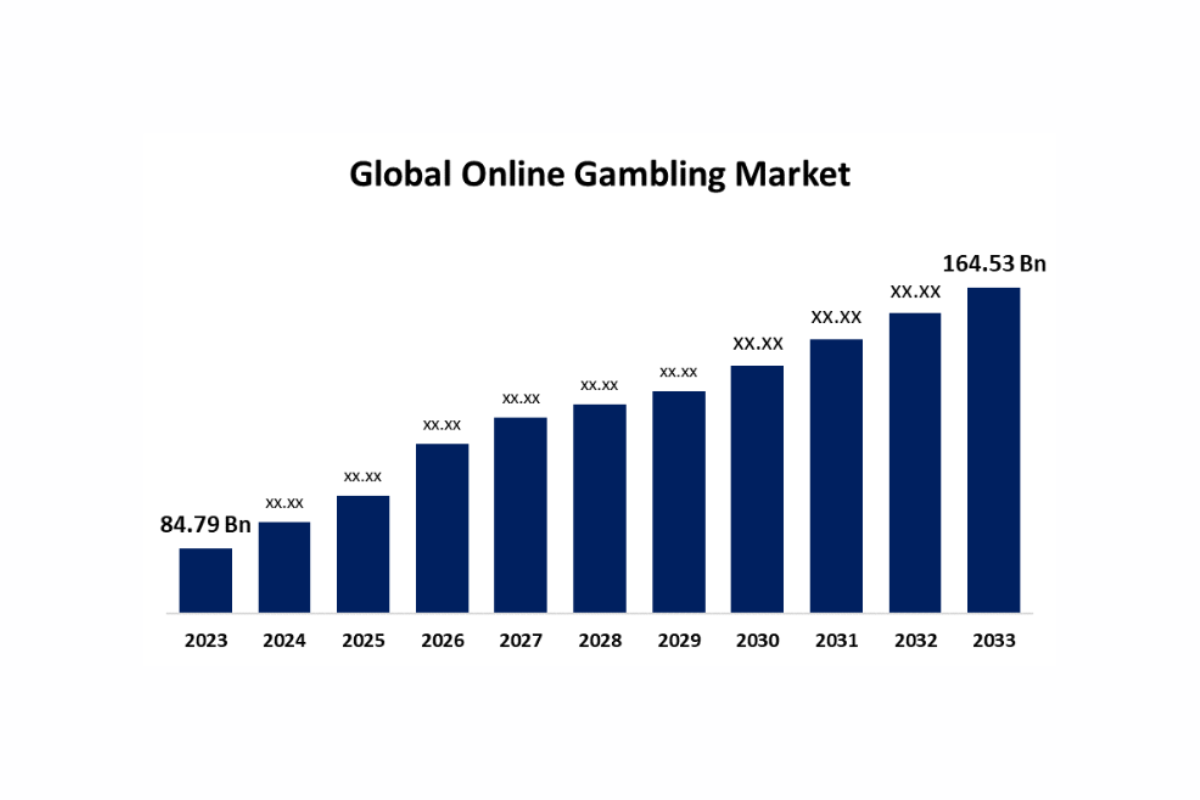
The Evolution of Online Casinos in Latvia
Latvia, a nation known for its rich cultural heritage and rapid technological advancement, has experienced significant growth in its online gambling sector. The surge in popularity of online casinos is a clear reflection of the changing dynamics in the Latvian entertainment landscape, influenced by both technological progress and a supportive regulatory environment.
This article delves into the evolution of online casinos in Latvia, examining current market trends, regulatory challenges, and prospects for this burgeoning industry.
The Growth Trajectory of Online Casinos in Latvia
The online gambling market in Latvia has evolved rapidly over the past decade. This growth can be traced back to several factors, including widespread internet accessibility, the increasing use of smartphones, and a shift in consumer preferences toward digital entertainment. With over 90% of Latvians having access to high-speed internet, the online casino industry has been able to tap into a large and tech-savvy audience.
The proliferation of mobile devices has also played a pivotal role in the growth of online casinos in Latvia. The convenience offered by mobile gambling—allowing users to play their favorite games on the go—has resonated particularly well with younger demographics. As a result, mobile gaming now accounts for a significant portion of the overall online gambling activity in the country.
Moreover, the COVID-19 pandemic acted as a catalyst for the online gambling industry in Latvia. During periods of lockdown and social distancing, many physical casinos were forced to close, leading to a sharp increase in online gambling activities.
This shift not only helped sustain the industry during challenging times but also introduced a new wave of players to online platforms, many of whom have continued to engage with these platforms post-pandemic.
Navigating the Regulatory Landscape
The success of online casinos in Latvia is closely linked to the country’s well-established regulatory framework. The Latvian government, through the Lotteries and Gambling Supervisory Inspection (IAUI), is responsible for overseeing and regulating all gambling activities, including online casinos. This regulatory body ensures that online gambling remains safe, fair, and transparent, which has fostered trust among players.
To operate legally in Latvia, online casinos must obtain a license from the IAUI. The licensing process is rigorous, designed to ensure that only operators who adhere to strict standards of fairness, security, and responsible gambling can enter the market. This stringent regulation has helped to protect players from fraudulent activities while also enhancing the overall credibility of the industry.
In addition to licensing, the Latvian government imposes a gambling tax on both operators and players. Licensed operators are taxed on their gross gaming revenue (GGR), and players are taxed on their winnings. This taxation framework not only generates significant revenue for the state but also helps to regulate the industry by making it more difficult for unlicensed operators to compete.
However, despite the clear regulatory framework, challenges remain. The IAUI actively monitors and blacklists unlicensed online casinos, blocking access to these sites within Latvia. This is a continuous effort to safeguard players from unregulated and potentially unsafe gambling environments. The government’s commitment to maintaining a safe gambling environment is further reflected in its emphasis on responsible gambling measures, such as mandatory self-exclusion options and deposit limits for players.
Key Trends Shaping the Latvian Online Casino Market
The Latvian online casino market is dynamic, with several key trends shaping its current landscape. One of the most notable trends is the rising popularity of live dealer games. These games, which offer real-time interaction with professional dealers, provide an immersive experience that closely replicates the atmosphere of a physical casino. This trend highlights the growing demand for more engaging and authentic online gambling experiences among Latvian players.
Another significant trend is the increasing acceptance of cryptocurrencies as a payment method in online casinos. As digital currencies become more mainstream, some online casinos in Latvia have started to accept cryptocurrencies, appealing to a new segment of tech-savvy players who value the security and anonymity that these currencies offer.
Localization efforts are also playing a crucial role in the success of online casinos in Latvia. Many operators are now offering games and customer support in the Latvian language, catering to the specific needs and preferences of local players. This localized approach not only enhances the user experience but also helps operators build a loyal customer base in a competitive market.
The growing popularity of eSports betting is another trend that is influencing the online gambling landscape in Latvia. As eSports continues to gain traction globally, Latvian online casinos are increasingly offering betting options on major eSports events. This trend is particularly appealing to younger players who are avid followers of competitive gaming.
Challenges and Future Prospects
While the future of online casinos in Latvia appears promising, the industry does face certain challenges. One of the primary challenges is the potential for stricter regulations as the market continues to grow. The Latvian government may introduce more rigorous licensing requirements and enhanced responsible gambling measures to further protect players and ensure the integrity of the industry.
Another challenge is the increasing competition from international operators. As the Latvian market gains recognition, more global brands are likely to enter the fray, intensifying competition. This could lead to better promotions and more diverse game offerings for players, but it could also make it more difficult for local operators to maintain their market share.
Despite these challenges, the future of online casinos in Latvia is bright. Technological innovation will likely continue to drive the industry forward, with advancements in virtual reality (VR) and augmented reality (AR) poised to transform the online gambling experience. These technologies have the potential to create even more immersive and engaging games, attracting a broader audience and further solidifying the online casino market in Latvia.
Moreover, as mobile gambling continues to rise, operators are expected to invest more in optimizing their platforms for mobile devices. This will likely include the development of dedicated mobile apps and improved user interfaces, ensuring that players enjoy a seamless gaming experience regardless of the device they use.
Conclusion
Online casinos have become an integral part of Latvia’s entertainment landscape, driven by a combination of technological advancements, a supportive regulatory environment, and changing consumer preferences. As the industry continues to evolve, it will be crucial for operators, regulators, and players to navigate the challenges and opportunities that lie ahead. With the right strategies and continued innovation, the future of online casinos in Latvia looks set to be one of sustained growth and success.










